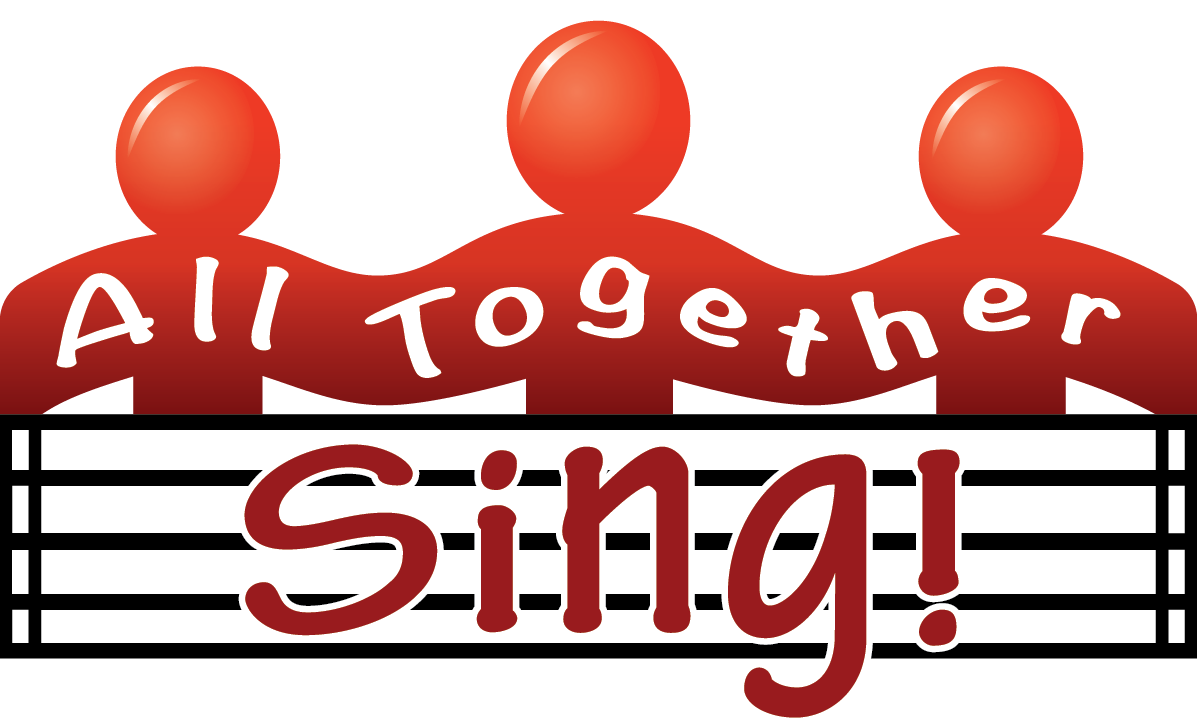What is Music Therapy?
Music Therapy is the clinical and evidence-based use of music interventions to accomplish individualized goals within a therapeutic relationship by a credentialed professional who has completed an approved music therapy program. Research in music therapy supports its effectiveness in a wide variety of healthcare and educational settings.
Music Therapy is an established health profession in which music is used within a therapeutic relationship to address physical, emotional, cognitive, and social needs of individuals. After assessing the strengths and needs of each client, the qualified music therapist provides the indicated treatment including creating, singing, moving to, and/or listening to music. Through musical involvement in the therapeutic context, clients' abilities are strengthened and transferred to other areas of their lives. Music therapy also provides avenues for communication that can be helpful to those who find it difficult to express themselves in words. Research in music therapy supports its effectiveness in many areas such as: overall physical rehabilitation and facilitating movement, increasing people's motivation to become engaged in their treatment, providing emotional support for clients and their families, and providing an outlet for expression of feelings.
To schedule a music therapy assessment, or inquire more about All Together Sing’s music therapy programming, please contact us.
The information on this page can be found, along with additional resources about music therapy, on the official website for the American Music Therapy Association.
Benefits of Music Therapy:
Promote Wellness
Manage Stress
Alleviate Pain
Express Feelings
Enhance Memory
Improve Communication
Promote Physical Rehabilitation
Who can benefit from Music Therapy?
Children, adolescents, adults, and the elderly with mental health needs, developmental and learning disabilities, Alzheimer's disease and other aging related conditions, substance abuse problems, brain injuries, physical disabilities, and acute and chronic pain, including mothers in labor.
Where do Music Therapists work?
Music therapists work in psychiatric hospitals, rehabilitative facilities, medical hospitals, outpatient clinics, day care treatment centers, agencies serving persons with developmental disabilities, community mental health centers, drug and alcohol programs, senior centers, nursing homes, hospice programs, correctional facilities, halfway houses, schools, and private practice.
What are some misconceptions about Music Therapy?
That the client or patient has to have some particular music ability to benefit from music therapy -- they do not.
That there is one particular style of music that is more therapeutic than all the rest -- this is not the case. All styles of music can be useful in effecting change in a client or patient's life. The individual's preferences, circumstances and need for treatment, and the client or patient's goals help to determine the types of music a music therapist may use.




